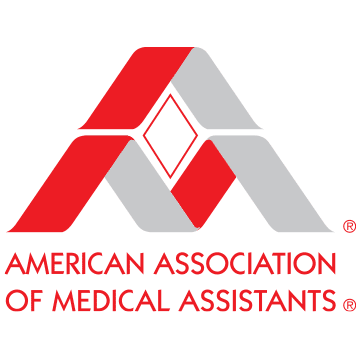Category: 80by2018blog
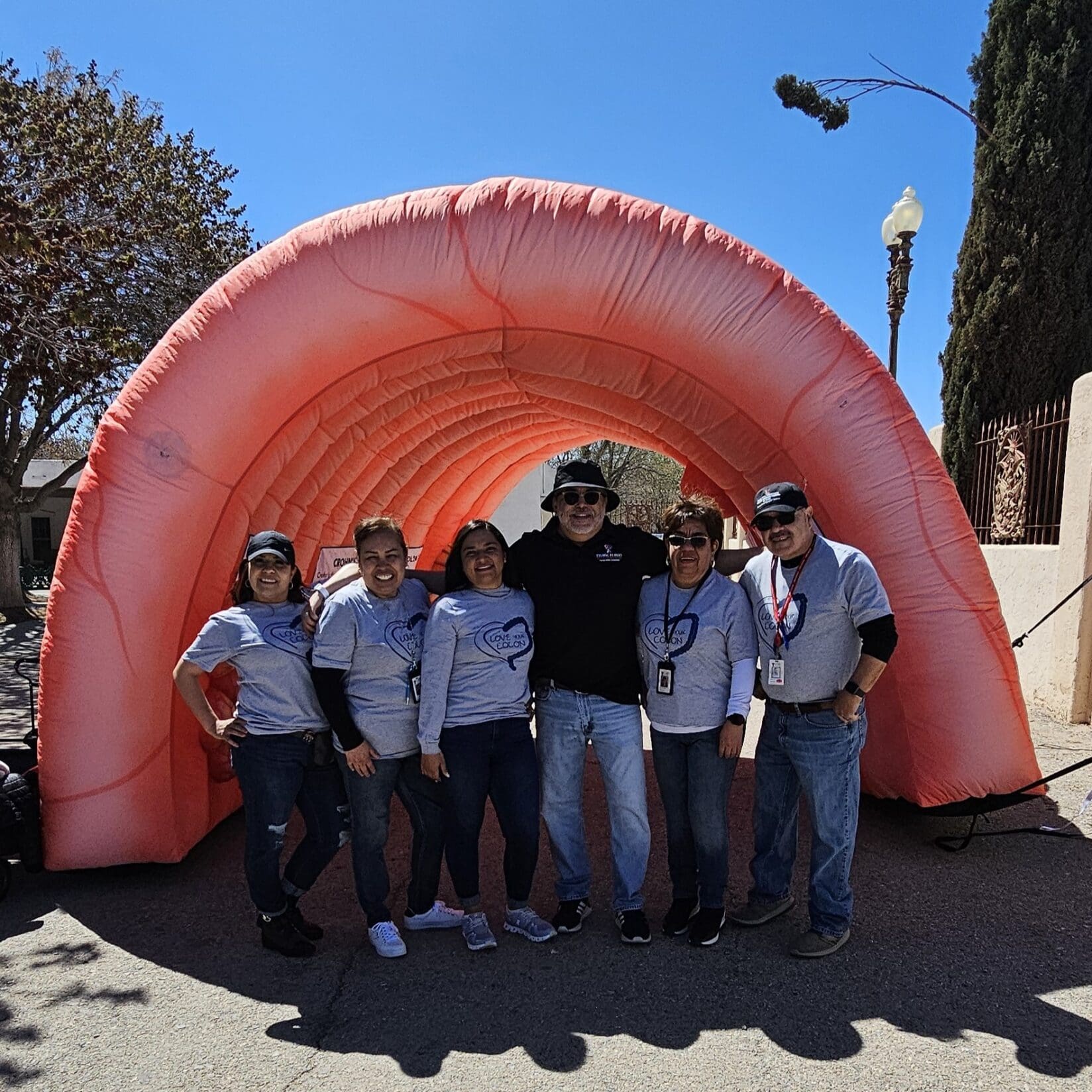
NEW!
Interview with the SuCCCeS Program – 2024 80% in Every Community National Achievement Award Grand Prize Winner
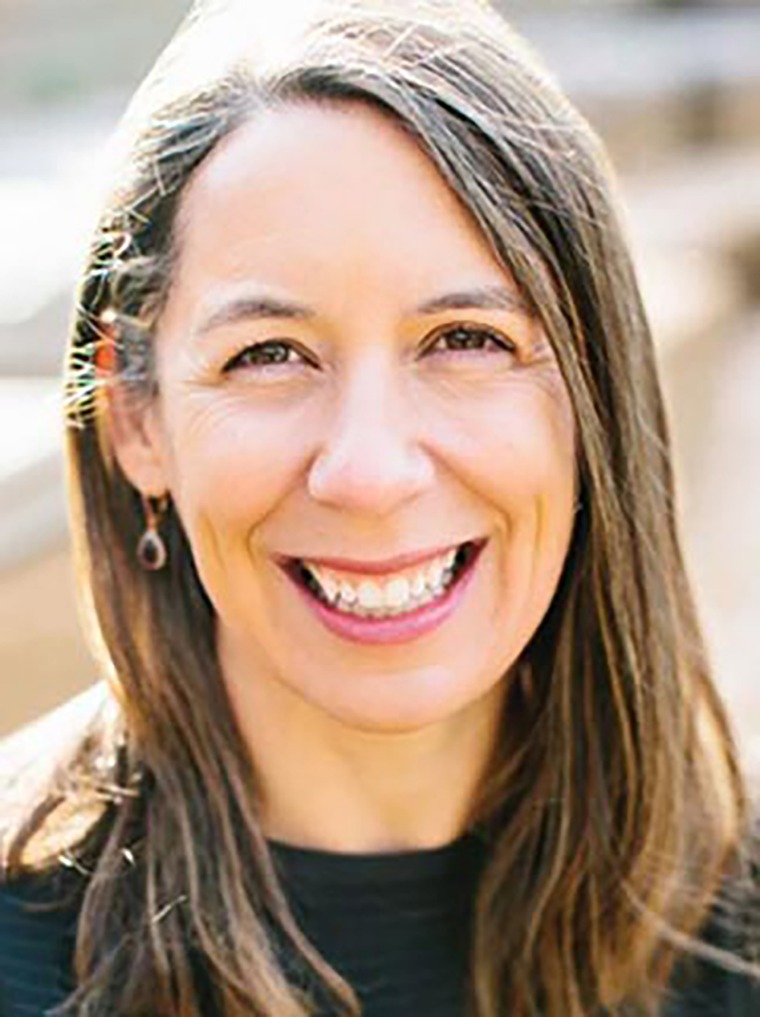
NEW!
Dr. Gloria Coronado Selected as Vice-Chair Elect of the ACS NCCRT
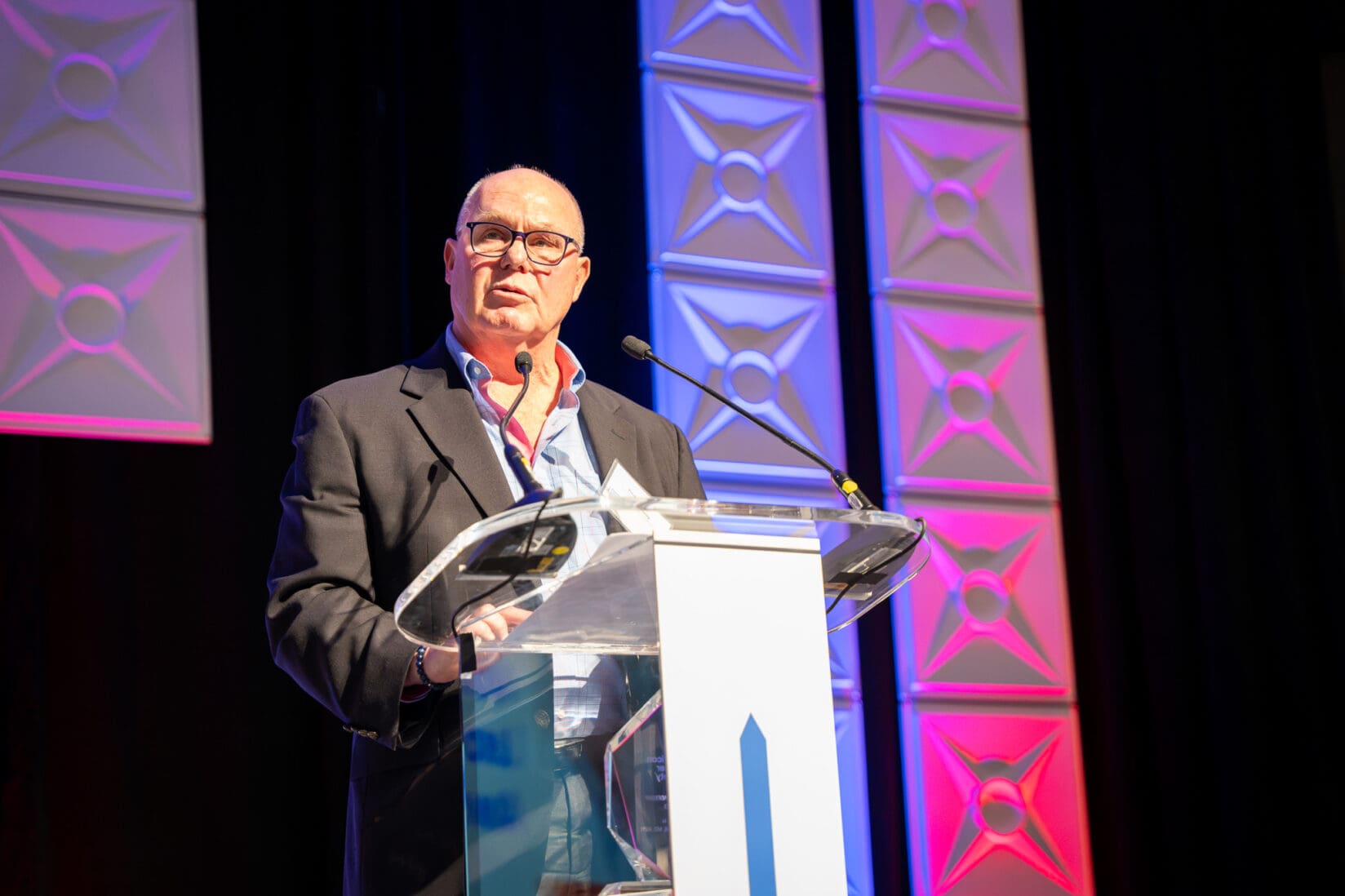
NEW!
Dr. Paul Schroy, Longtime ACS NCCRT Volunteer, Honored by the American Cancer Society
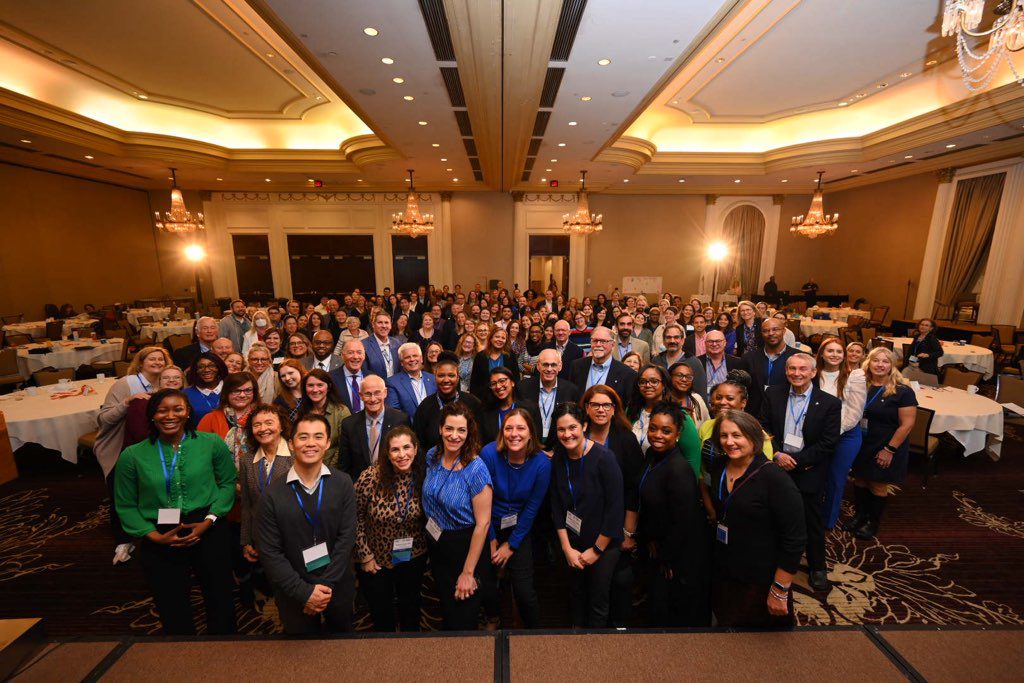
NEW!
2023 ACS NCCRT Annual Meeting a Success!
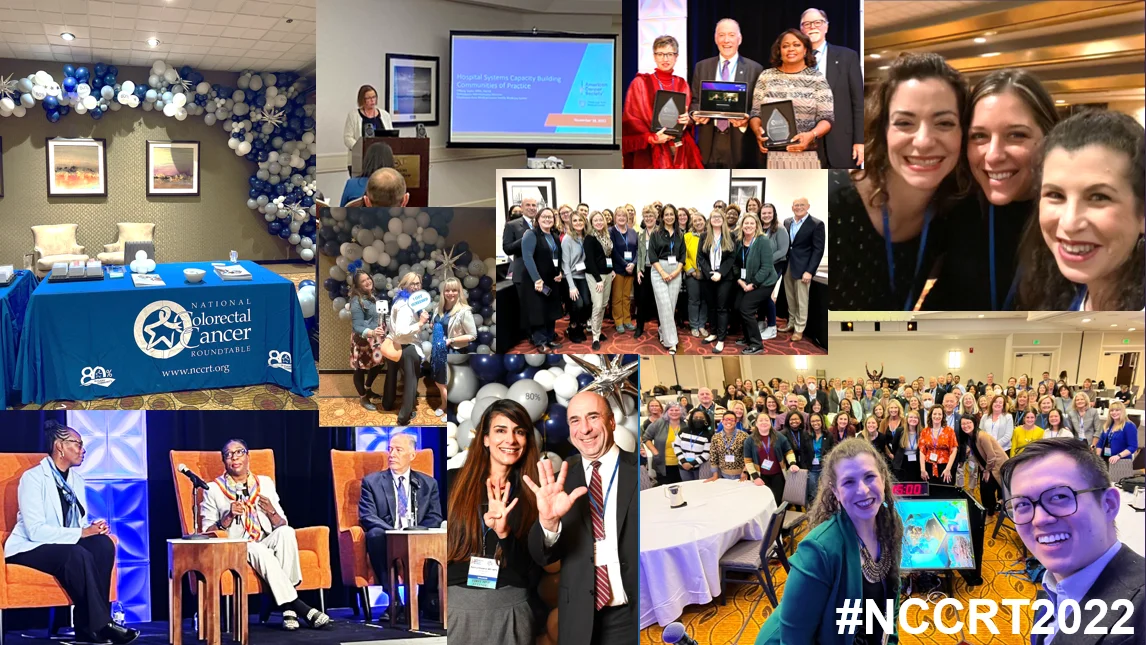
2022 ACS NCCRT Annual Meeting a Record-Breaking Success
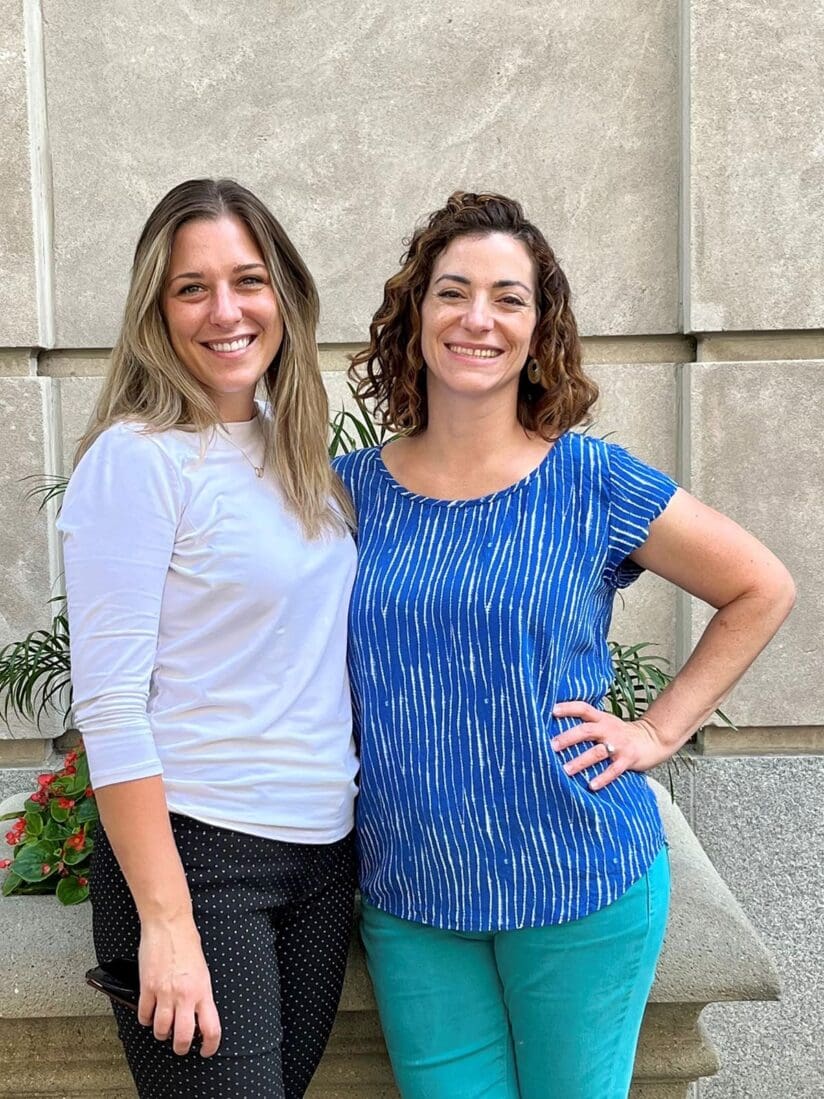
NCCRT Director Update – August 2022
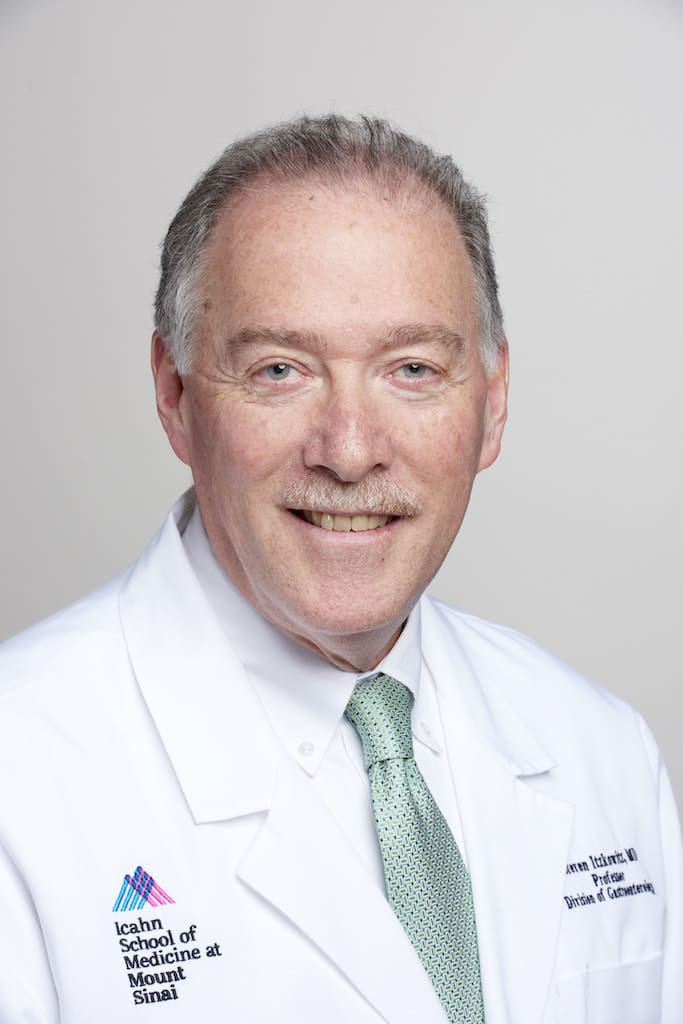
Welcome to the New Year from Dr. Steven Itzkowitz, New NCCRT Chair
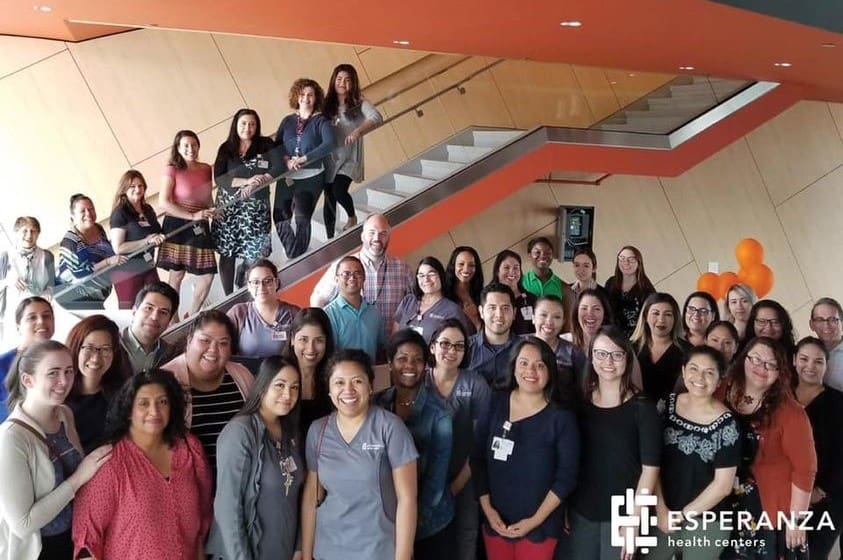
Interview with Esperanza Health Centers—Recipient of the 2021 80% in Every Community National Achievement Award for Community Health Centers
